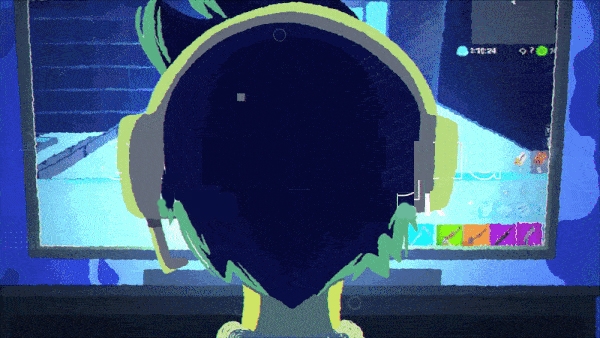How we use screens has changed how we live our lives.

They make our education, work and social activities easier, quicker and slicker.
As the national lockdown continues, young people will be spending more time indoors which means more screen time. For a while now, we’ve seen debates about screen time pass in and out of the news cycle. One thing is for certain- too much screen time can impact our health.
Your screen time, as well as that of children in your care, is probably increasing. You might have already thought about your own screen time, but is it really that bad?
The truth is, no one is really certain. But some psychologists have expressed concern on the issue citing worrying impacts on brain matter and structure.
What are the effects of screen time?
Multiple studies have shown shrinkage in the parts of our brain that are important for executive functions including: planning, processing, organising, completing tasks and impulse control.
But others say that experts are never going to be able to provide a definitive answer to the question of how much is too much, when it comes to screen time.
There are many factors involved and context is everything. For young people there are positive aspects of screen time, like creating artwork, playing or watching problem -solving and educational games/videos. During the lockdown, screens have become integral to young people’s education.
These can all be stimulating for the brain and greatly beneficial for young people and their development.
The Facts on Screen time According to Ofcom (2019):
Like all things in life, moderation is key when it comes to screen time. To help you get it right, we’ve put together 5 ways you can support yourself and young people in your care to take back control of their screen time.
As technology continues to evolve and touch every part of our lives, the age-old advice of ‘everything in moderation’ stands up to how we should think about screen time.
Support
- If you need support as a parent or carer you can contact family lives.
If you have concerns about the immediate safety of a young person you should contact 999 immediately.



